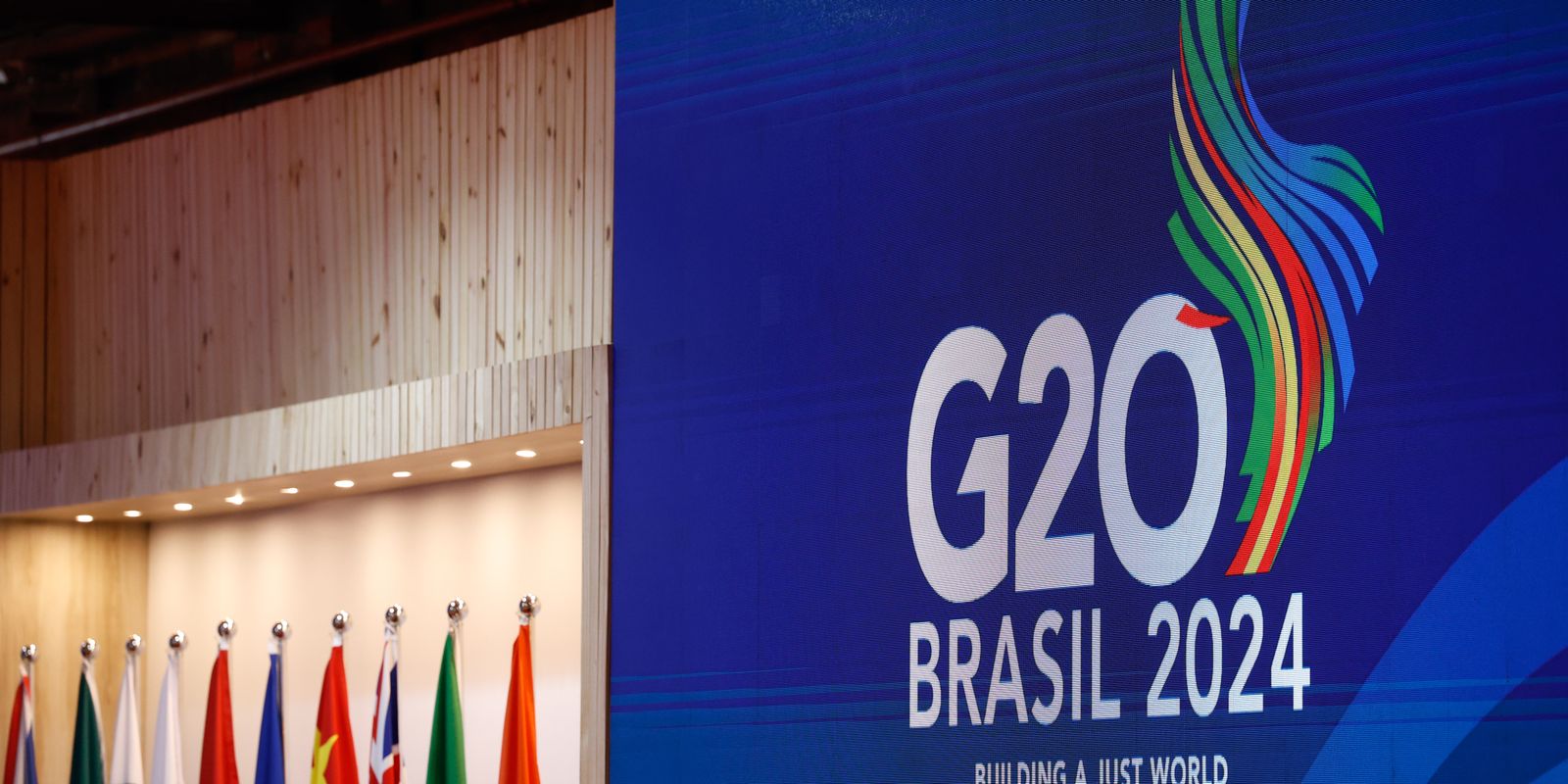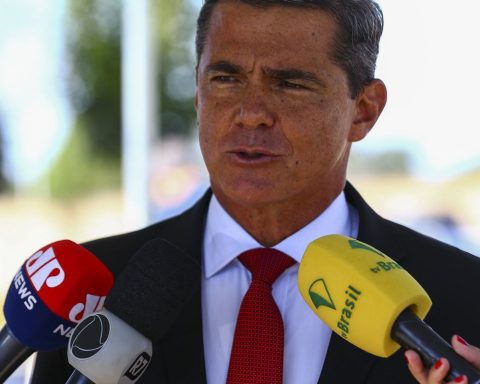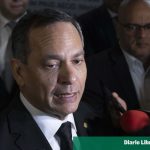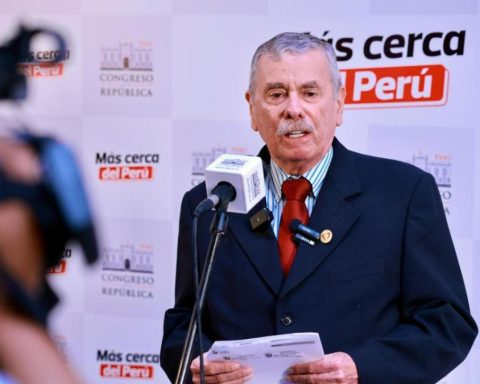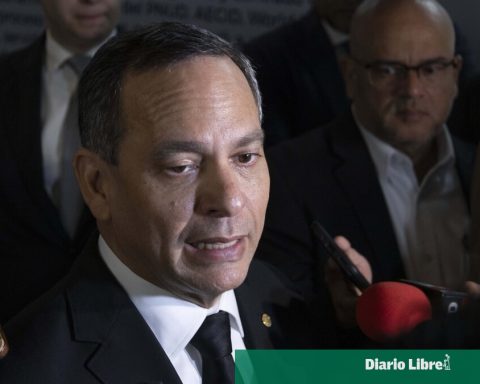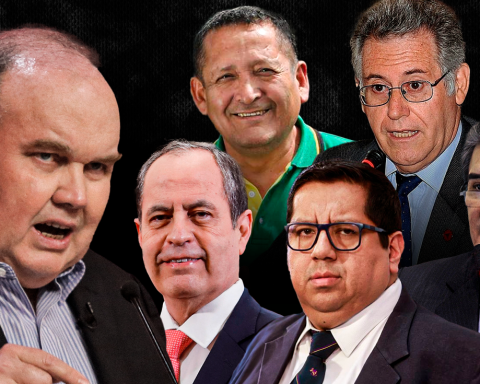The G20 summit meeting will decide, next week, on Brazil’s main proposal during its presidency of the group. The heads of State and Government of the 19 largest economies on the planet, plus the European Union and the African Union will debate the taxation of the super-rich as a source of financing to combat inequality and combat climate change.
Presented by Brazil in February, during the meeting of G20 finance ministers and central bank presidents in São Paulo, the proposal was mentioned as ambitious by the Minister of Finance himself, Fernando Haddad. The Brazilian presidency of the G20 defends a minimum tax of 2% on the income of the world’s billionaires, which would raise between US$200 billion and US$250 billion annually, according to one of the proposal’s authors, French economist Gabriel Zucman.
According to Zucman, the taxation would affect only 3,000 individuals across the planet, of which around 100 in Latin America. In return, it would have the potential to raise around US$250 billion per year. An Oxfam study, released shortly before the February meeting, showed that wealth taxes they collect four times less than taxes on consumption on the planet.
In Brazil, the measure would help finance sustainable development and reduce inequality. In May, a study by the Center for Research in Macroeconomics of Inequalities at the University of São Paulo (Made/USP) raised the potential of the measure for the country.
According to the study, a minimum tax of 2% on the income of the richest 0.2% in the country would raise R$41.9 billion per year. The amount could triple the budget of the Ministry of Science and Technology and multiply the budget of the Ministry of Environment and Climate Change by approximately ten times in relation to 2024.
Obstacles and advances
Despite being supported by several nations, the idea faces resistance from some developed countries, including the United States and Germany. Among the supporting countries are France, Spain, Colombia, Belgium and South Africa, which will assume the rotating presidency of the bloc after Brazil. The African Union has expressed support since presenting the proposal in February.
Even with Brazil’s formal announcement, the February meeting ended without a joint statement official. One summary released by the Brazilian government reported that the countries have committed to modernizing the taxation of multinationals for the digital era and establishing a minimum global taxation for global companies.
Over the last nine months, Brazil has sought to expand adherence to the proposal. On a trip to the United States in April, Haddad said he expected a agreement until the November meeting of heads of state and government. In May, during the G20 international taxation symposium in Brasília, the minister reiterated that taxation gains the support from countries.
In a new meeting of Finance ministers and presidents of the G20 central banks, in July in Rio de Janeiro, the minister declared that Brazil had put the issue on the agenda global agenda. Haddad also stated that Brazil wants to tax the super-rich to finance the alliance against hunger.
G20 Social
Although the final decision rests with the heads of State and Government, Brazil wants the proposal to tax large fortunes to have the contribution of civil society. Created during the country’s presidency of the group, the G20 Social, which brings together entities, organizations and academics, will present suggestions that will inform discussions during the summit meeting.
The G20 Social meeting takes place from Thursday (14) to Saturday (16), also in Rio de Janeiro, and precedes the meeting of leaders of the world’s largest economies, which will be held on the 18th and 19th. Last week, the minister of the General Secretariat of the Presidency of the Republic, Márcio Macêdo, highlighted that the final report of the G20 Social should propose taxation of the super-rich.
The debates at the G20 Social, informed Macêdo, will revolve around three major themes: combating hunger, poverty and inequality; sustainable development (including the debate on climate change and fair energy transition) and global governance reform.
